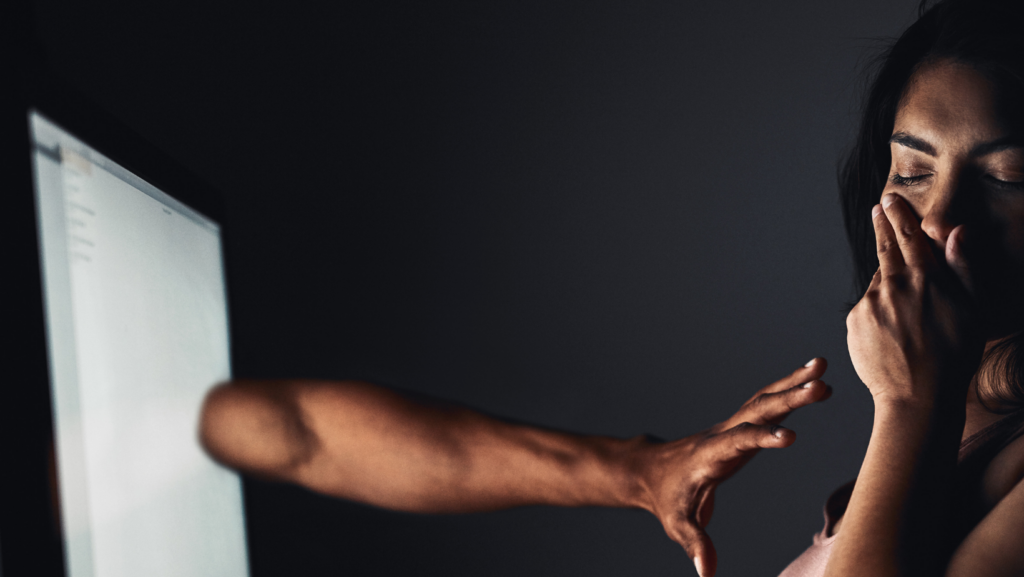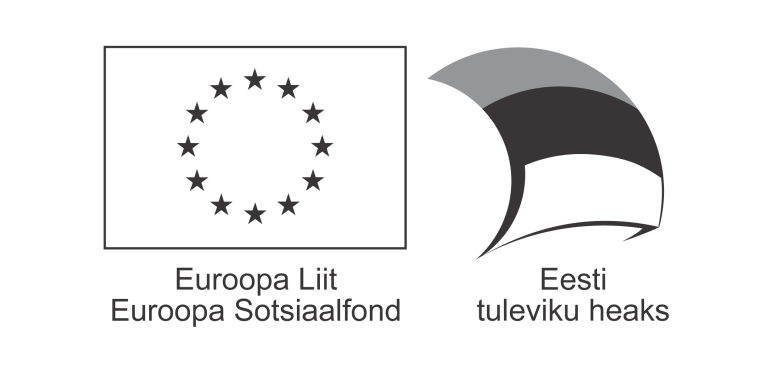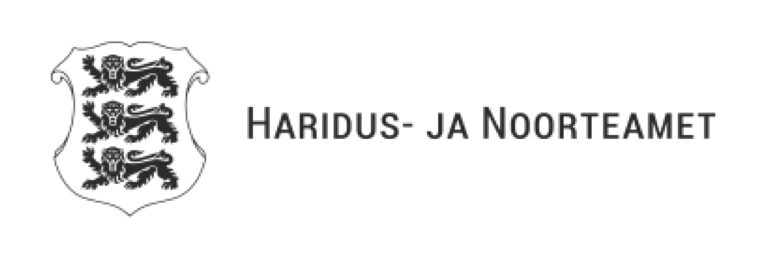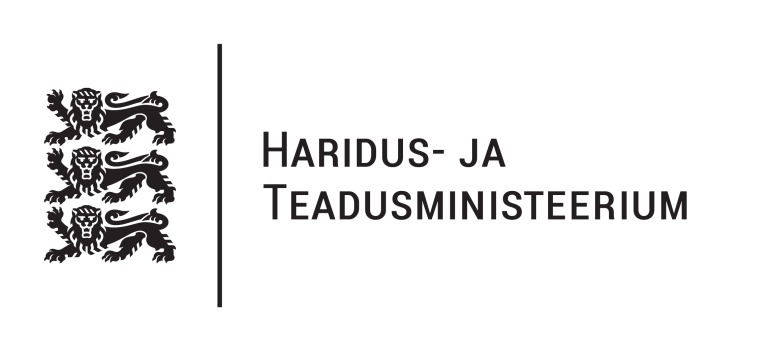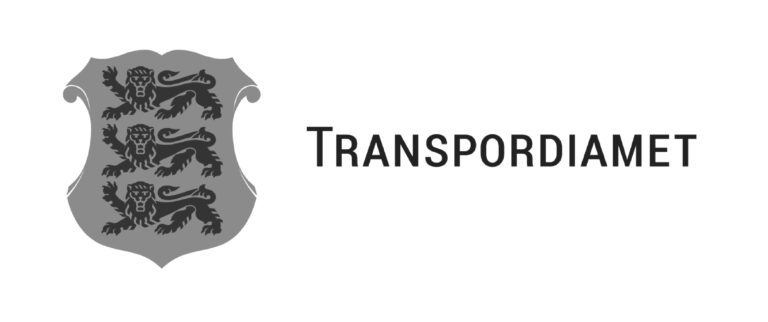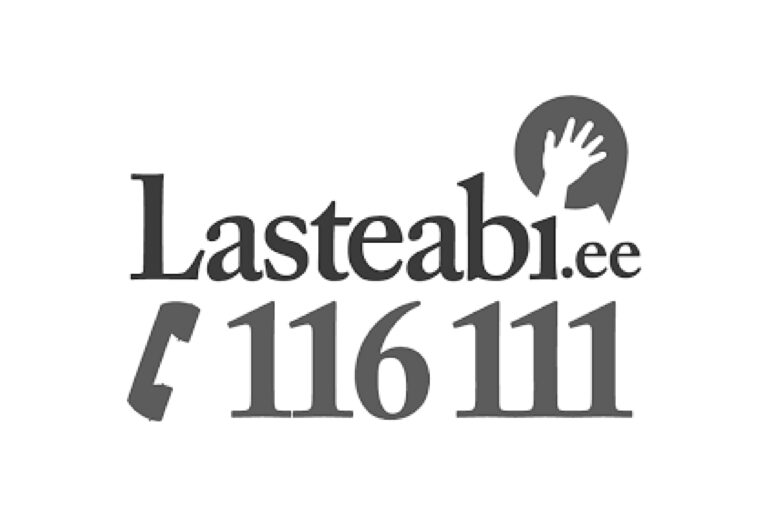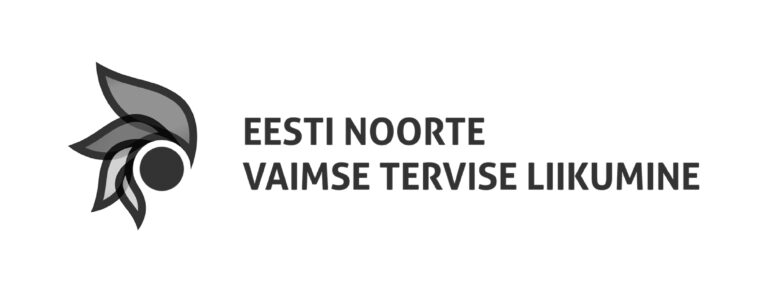Have you ever received unwanted photos or texts? Has anyone used your phone or social media without your permission? Or have you ever received uncomfortable or pressuring messages? All of this can be a form of digital abuse.
Digital abuse is becoming increasingly more common and can come from anyone, including your friend or romantic partner. We are all constantly surrounded by technology, so it is important to know what digital abuse is and what to do about it.
How do I recognise digital abuse?
You are coerced into doing something
Coercion is when someone is pressuring you into doing something that you do not want to do or are uncomfortable doing. This could be in the form of someone asking you to show them your conversations, send naked pictures online or to share information you do not want to or are not allowed to share.
It is degrading
Degrading someone means putting them down, devaluing or belittling them. Receiving negative comments on social media can be degrading. For example, someone commenting on your appearance in a picture or making mean or negative remarks on your post.
It is embarrassing
Someone threatening to share embarrassing information about you with others (including sharing or posting photos or personal information) is a form of digital abuse.
Someone controls everything you do
When someone controls what you do online, how you interact and with whom, it could be a sign of digital abuse. This can include someone controlling or watching who you speak to on social media or who you add or follow as a friend.
What can I do if I am being abused online?
It can be difficult to deal with digital abuse and harassment online, and it often helps to talk to someone about it. So if you are experiencing any form of digital abuse or harassment online and feel that you need someone to talk to, do not hesitate to contact any of these organisations: the child helpline at 116111 or www.lasteabi.ee, peaasi.ee counsellors, the school psychologists’ hotline at 1226, the victim support helpline at 16106 or the police at 112.
Source: Spunout
Article was written by youth info portal Teeviit.
